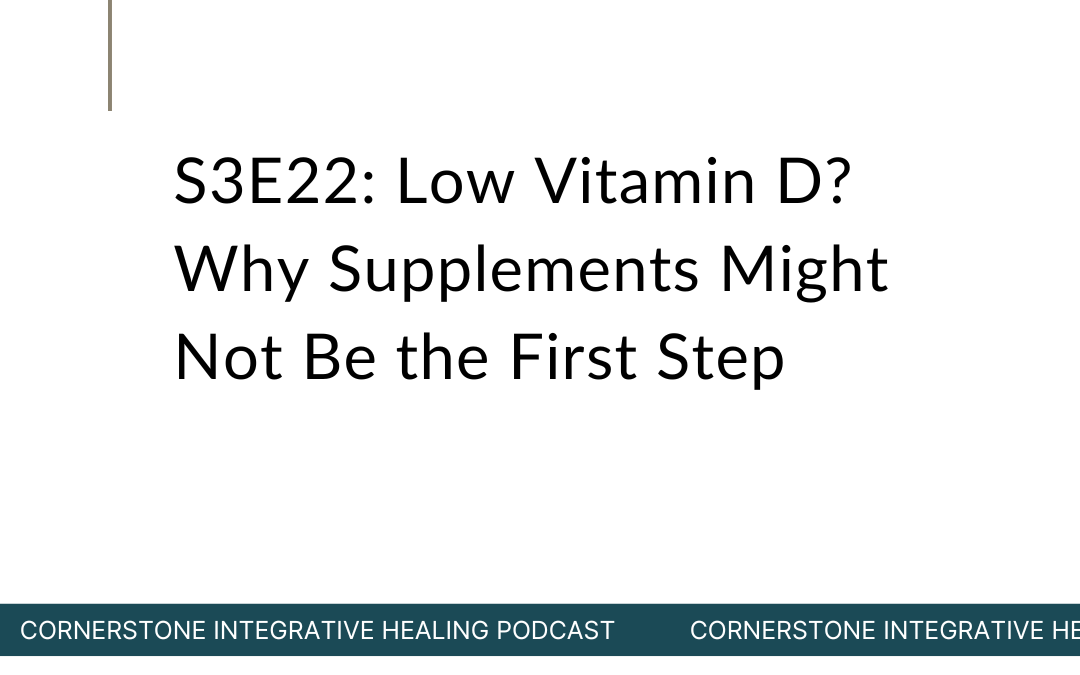When it comes to health, Vitamin D is often hailed as a miracle supplement — but is it really as simple as taking a pill? In this post, we’re breaking down why Vitamin D supplementation might not be the quick fix we’ve been led to believe. Here are some key insights to consider:
Vitamin D’s Conversion Process Is Complex
Did you know that Vitamin D relies on your liver and kidneys to convert it into the active form your body can use? This process also requires magnesium, which many people are deficient in. Without adequate magnesium, your body can’t convert Vitamin D effectively, even if you’re supplementing with high-quality D.
Stress and Inflammation Can Drain Your Vitamin D
Chronic stress and inflammation are major culprits when it comes to depleting Vitamin D levels. Stress increases cortisol, which in turn lowers magnesium — and without magnesium, your body struggles to convert Vitamin D. Add chronic infections or inflammation into the mix, and it becomes even harder for your body to maintain healthy Vitamin D levels.
Your symptoms are signals—not failures.
Grab 10 spirit-led questions to uncover what your body’s really saying.
The Importance of Addressing Root Causes
Instead of immediately reaching for a Vitamin D supplement when levels are low, it’s important to investigate why they’re low in the first place. Are there underlying deficiencies in magnesium or other key minerals? Is stress taking a toll on your body’s ability to function properly? Fixing the root causes could be the key to improving your health in a more holistic way.
It’s Not Just About Supplementing — It’s About Balance
While Vitamin D is essential for a variety of bodily functions, it’s important to remember that it’s a fat-soluble hormone, not just a simple vitamin. Over-supplementing can lead to imbalances in other essential nutrients, like Vitamin A, magnesium, and potassium. The key is finding balance and addressing any deficiencies through a well-rounded approach.
Vitamin D in Winter: Embrace the Power of Melatonin
In the winter, when sunlight exposure is limited, many people turn to Vitamin D supplements. However, melatonin can pick up some of the slack during darker months. By supporting circadian rhythms and getting enough darkness, your body can naturally balance out the effects of reduced sunlight.
Vitamin D is a crucial nutrient, but supplementation isn’t always the first step. By understanding the complexities of Vitamin D’s role in your body and addressing root causes like stress, magnesium deficiency, and inflammation, you can achieve better, more lasting results.
📞 Book a Free Inquiry Call . We’d love to talk to you!


